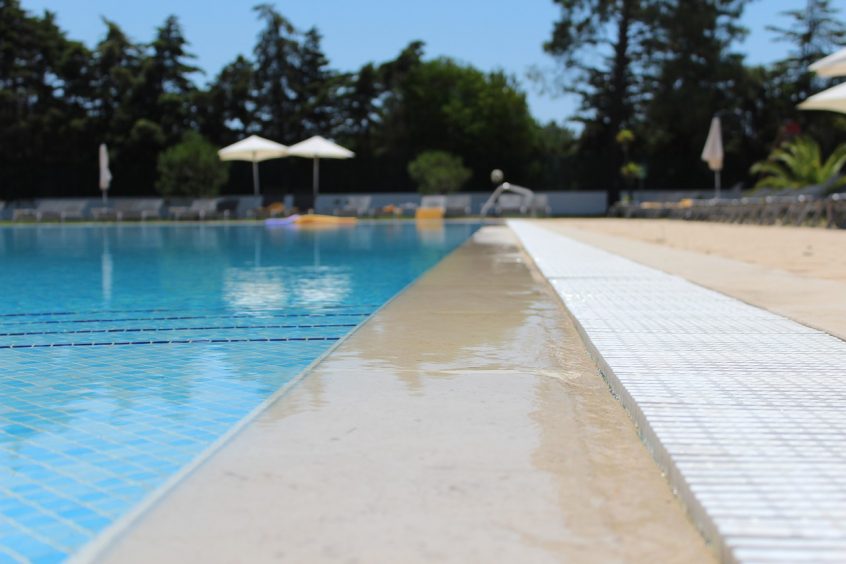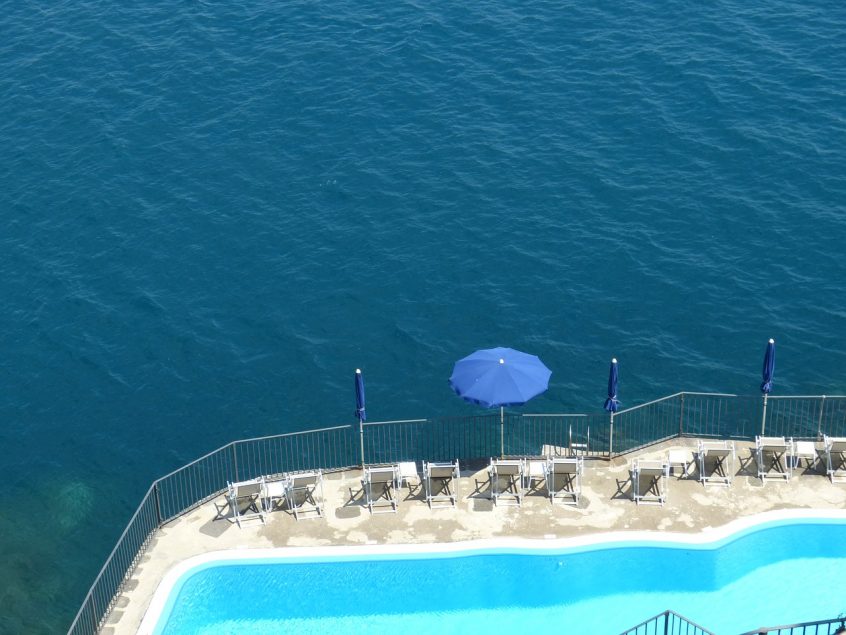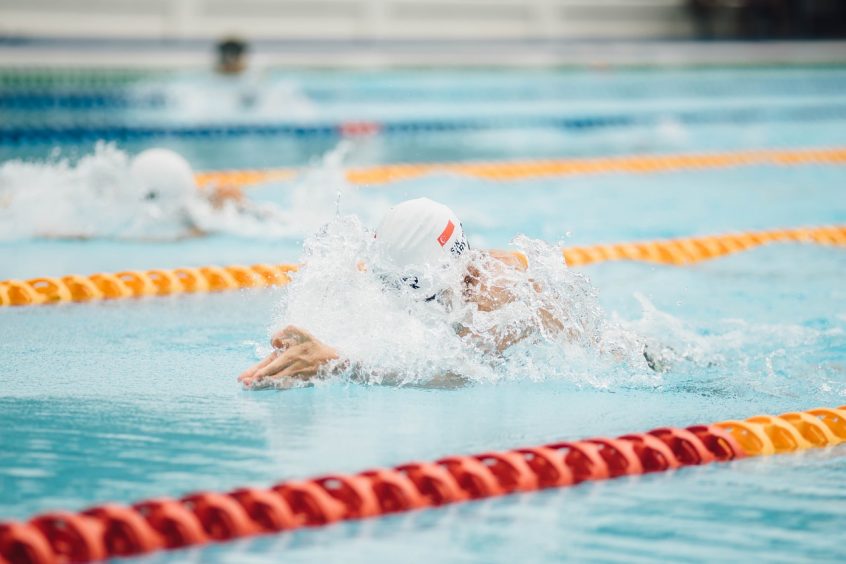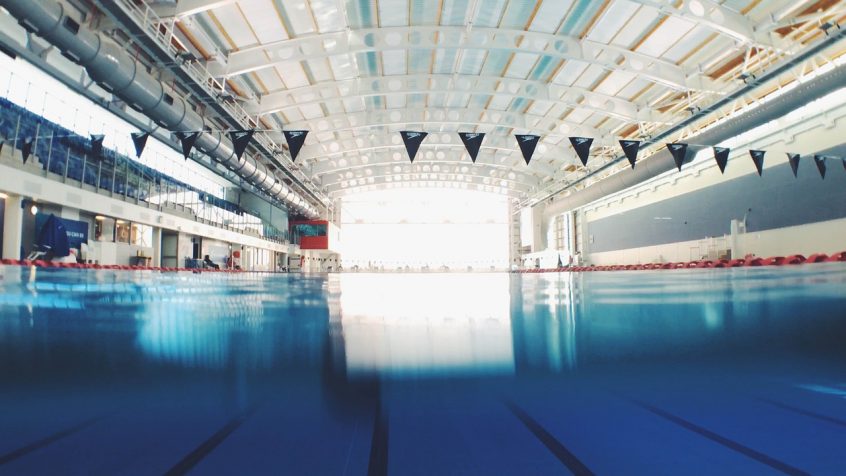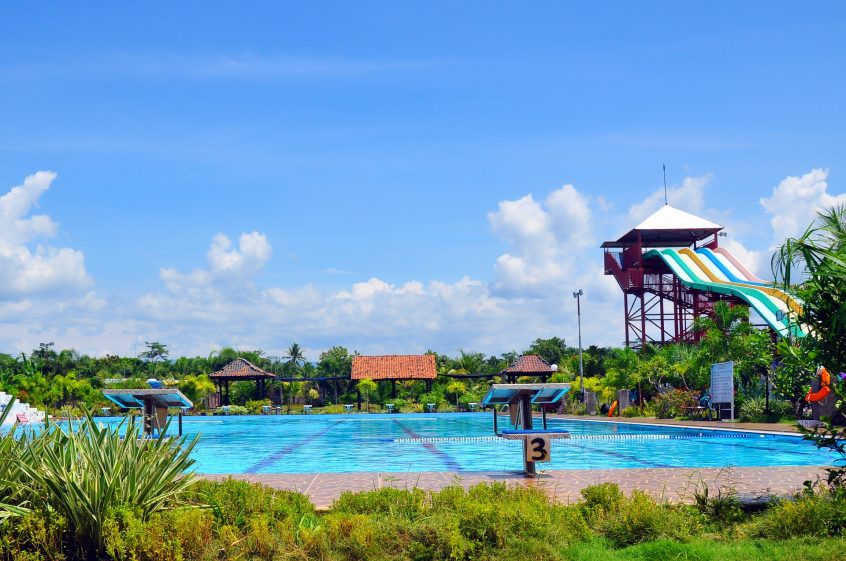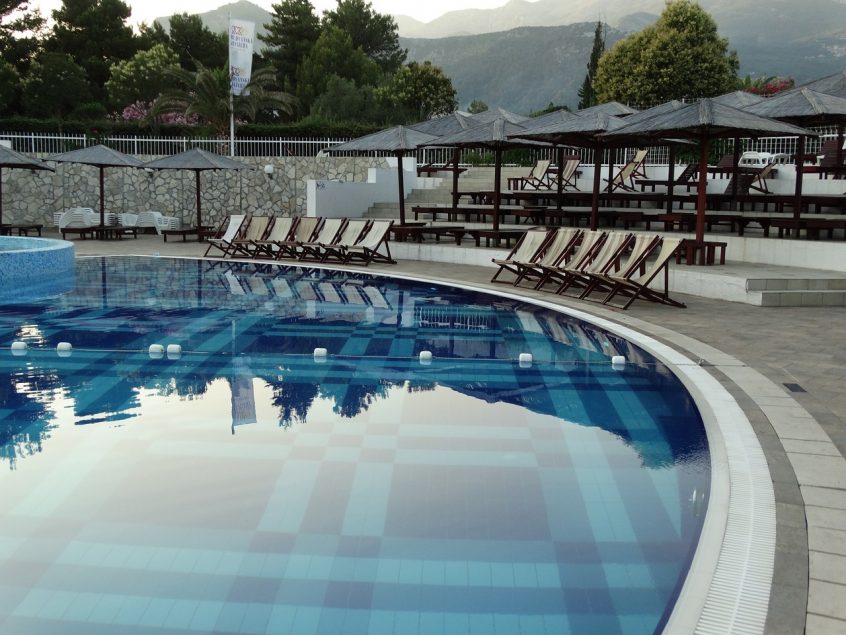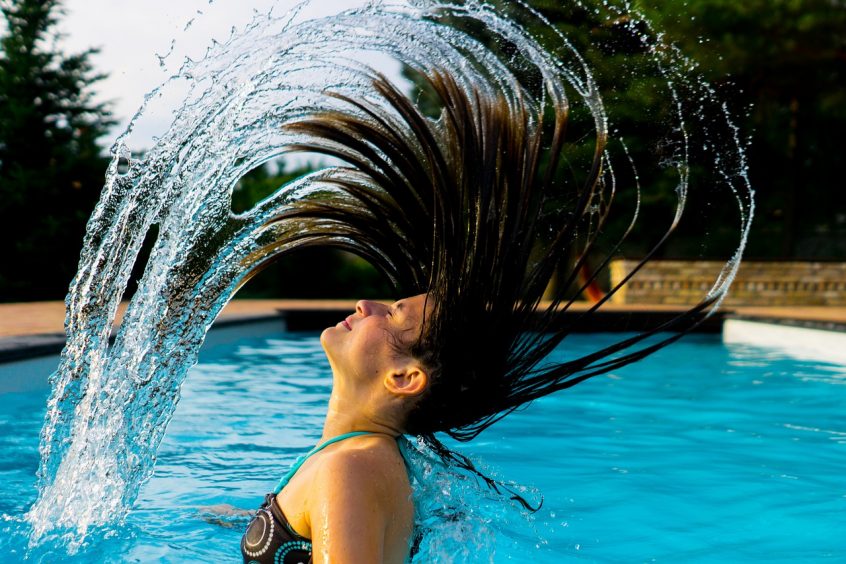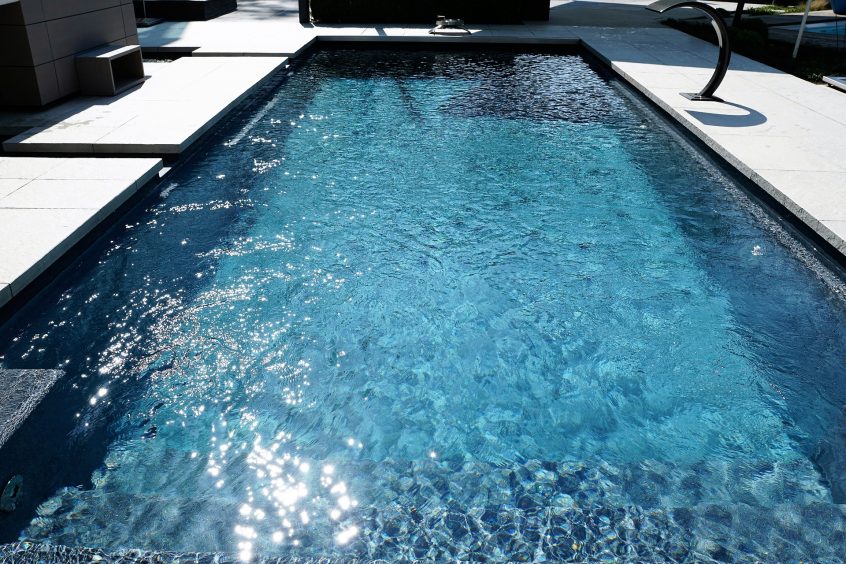Today, automatic and robotic pool cleaners are not only a convenient maintenance accessory for pool owners, but are also a great tool for industry professionals when incorporated into their service routine. That said, with so many of these products in the market, not only do industry professionals need to be well-versed in troubleshooting any number of complications they might face, … Read More
Why Checking Calcium Hardness Levels Is a Maintenance Must
As most in the industry know, the buildup of scale in a hot tub or pool can be a pain. Literally. Once the scale has formed, the only thing left to do is grab a mild scale remover and start scrubbing. After draining and several hours of elbow grease, some progress may have been made and the pain will be … Read More
Understanding the Electromechanical Process of Galvanic Corrosion
Steel pool walls are eroding and ladder handrails are turning black. New heaters are failing after one year and warranties are void because the casing was not bonded. What is going on here? The pool industry has some difficult-to-grasp concepts such as water chemistry; where on the surface it seems easy enough to resolve, but when traditional remedies do not … Read More
The Ugly Grasp of Biofilms
Biofilm is a common word heard in the pool and hot tub industry lately. In the last few years, there has been an increasing amount of information via studies and tests, which can be used to educate industry members and consumers on the subject. In previous articles, there is mention of biofilm existing in wet areas on pool toys and … Read More
Water Sanitation: Knowing the Differences for Proper Care and Maintenance
The difference between owning a pool with a salt system and one that uses traditional means of sanitation may seem expansive. For many, the perception of salt pools is that they are maintenance-free and often times chlorine-free systems. Dispelling the myths about salt pools can be difficult, but as pool professionals, there is a necessity to at least massage pool … Read More
Supplementing Swimming Pool and Hot Tub Maintenance
Almost every aquatics industry professional has likely heard stories about the use of enzymes in water maintenance and for solving water quality problems. Many have also probably asked themselves along the way what, exactly, are enzymes? In performing a quick Google search on the word itself, one would likely come across the following Wikipedia answer: Enzymes are large biological molecules … Read More
Best Practices for Automatic Safety Cover Care and Maintenance
Automatic safety covers are gaining popularity, largely due to the many options which allow them to be installed on pools of various shapes, sizes, and designs, but also because of the great benefits they provide the homeowner, including safety, savings, and convenience. Automatic covers that have been tested and comply with American Society for Testing and Materials (ASTM) safety standard are considered … Read More
The Fundamentals of Working with Sand Filters
The three keys to a clean and healthy pool are circulation, chemistry, and filtration. The latter is commonly overlooked when problems arise, however. Circulation usually is not a problem since most pools are designed with properly sized pumps, filters, plumbing (pipes), and proper placement of skimmers, and returns. In most cases, water chemistry is the initial cause of problems, such … Read More
Stains and Water Discoloration
Staining and water discoloration issues have plagued the appearance of swimming pools and hot tubs since the inception of the aquatics industry. These unsightly blemishes occur on pool and hot tub surfaces and can be a distraction from their desired appearance. They can be extremely frustrating, as well as difficult and expensive to remedy. Removing stains can be a complicated … Read More
Embracing Education in the Operation of Water Care Systems
Providing a healthy and safe swimming environment should be the primary goal for professionals working in the public and residential swimming pool markets. Having thorough understanding and training in proper disinfection is critical to protecting swimmers. The following is an overview on the most current methods of primary and secondary disinfection, and monitoring devices. Automatic chemical controllers Although the majority … Read More
